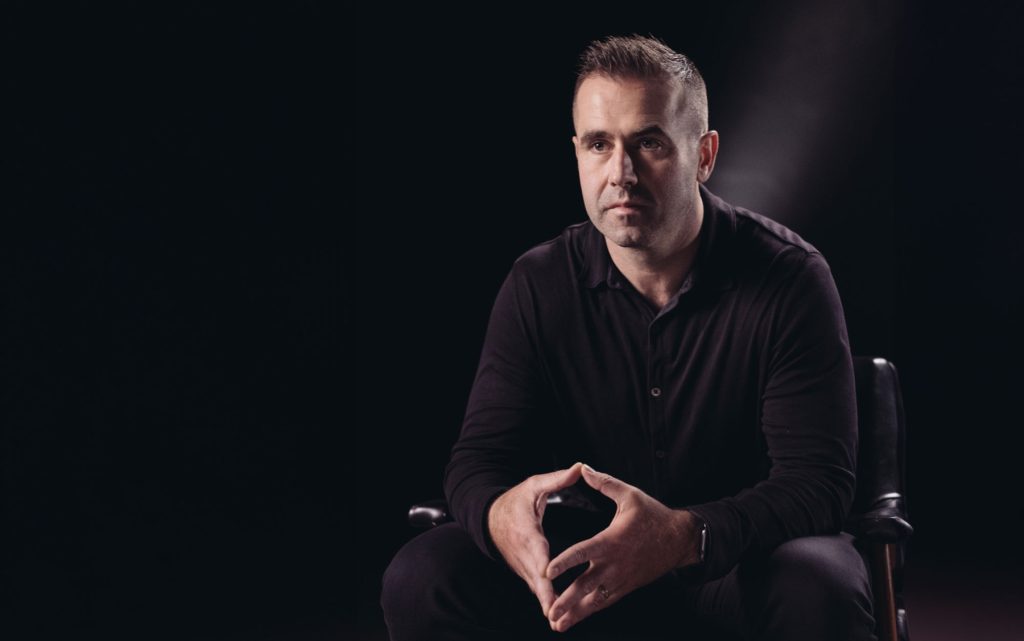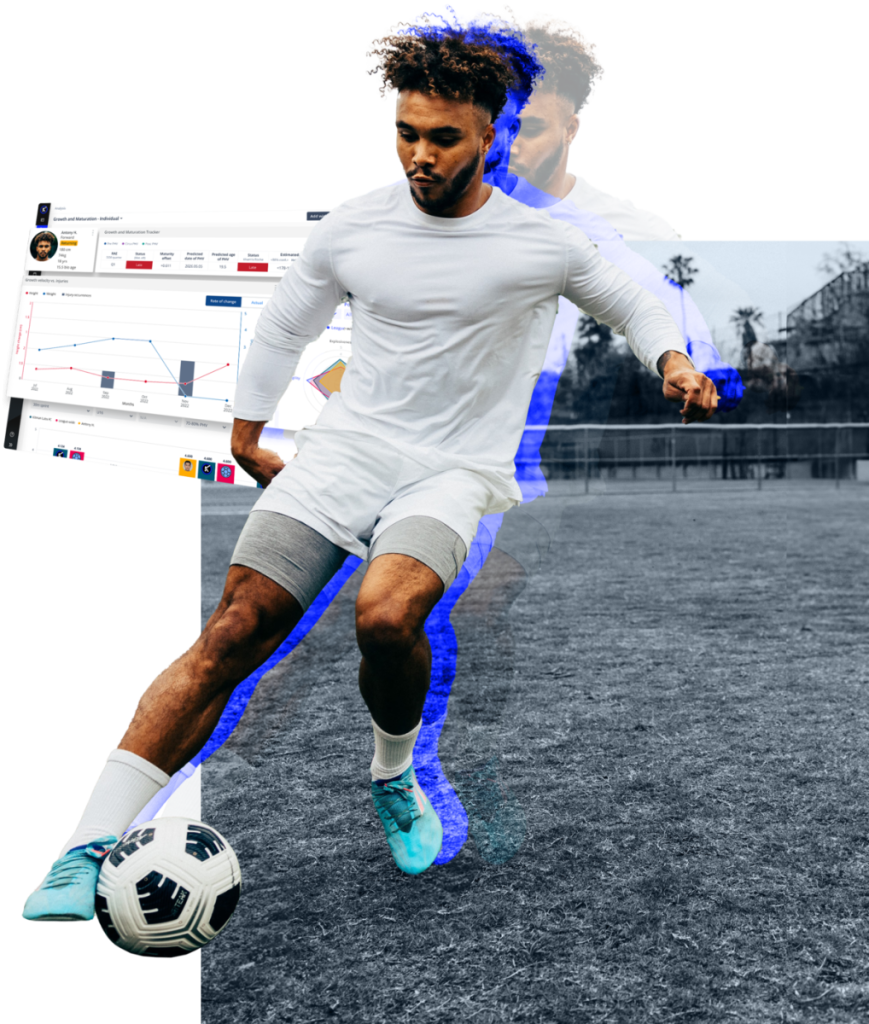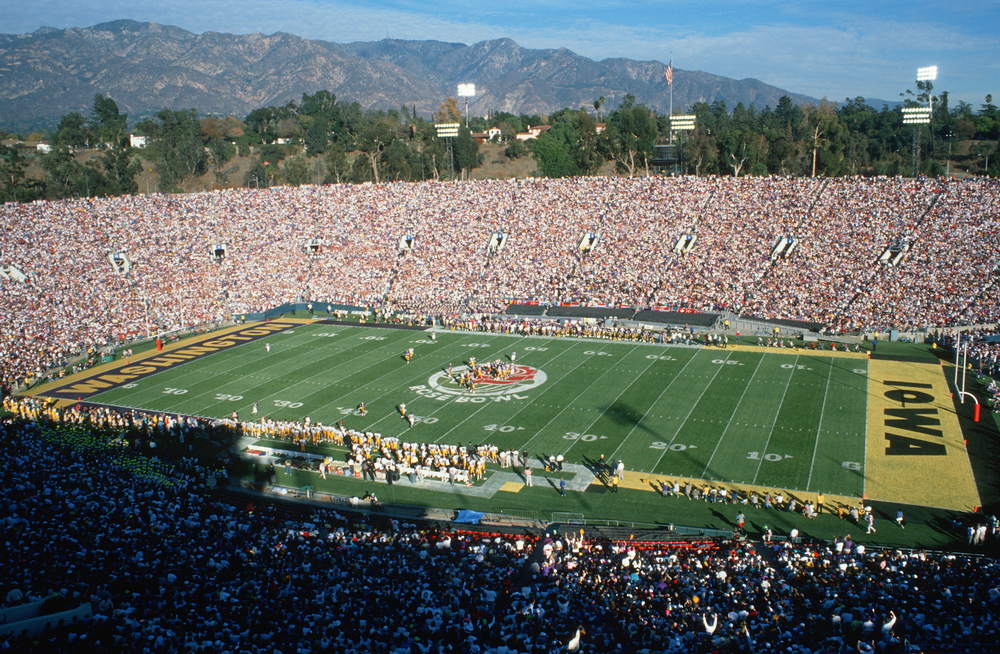Football data, analytics and intelligence have come a long way from where it was only 10 years ago. It almost feels mandatory for a club to have access to a pool of highly-intellectual data to accurately analyse player performance to enhance or attract the best talent.
Stephen Smith – CEO of Kitman Labs – has been one of the figureheads at the forefront of the sport data evolution, as he spoke to Insider Sport on the company’s success in Europe and the US over the last several years.
Smith also revealed what the Premier League is doing that no other league in the world is doing when it comes to its Elite Player Performance Plan, and what Kitman Labs is bringing differently to the table with its Football Intelligence Platform.
Insider Sport: What was this initial idea behind the creation of Kitman Labs and does the company have an end/overarching goal it wants to achieve?
Stephen Smith: My background was 10 years working with Leinster Rugby in Dublin and through my experience there, I saw the huge amounts of data being collected by all the different players in a high-performance team, whether that be coaches, scouts, medics, etc.
It was really difficult at that time to make accurate decisions on how to find the right talent, create talent and keep them healthy. We kept having all new information coming in and creating a hectic ecosystem.

What we want to do at Kitman Labs is break that down into a singular platform so all that information can exist together, and then unlock the value in that to help people connect the dots and break down the potential of what is happening in training and in a game. We want to see how demands impact player health and recovery, as well as the physical characteristics of athletes and how that’s impacting their ability to play the game at a high level.
So really, it was about creating a 360 degree view and taking that data and turning it into intelligence, that was the view of what we wanted to do. It sounds really simple, but it is incredibly complex.
What we’re trying to do is replace five or six companies who would look over one specific task and come in and provide an operating system that would cover all of those tasks.
It has taken us 12 years to get to where we are today, but the growth we are seeing right now may seem like an overnight thing, but it has taken a hell of a long time for us to get here.
IS: How important is it not just for Kitman Labs, but for English football to be a part of the Premier League’s Elite Player Performance Plan (EPPP) and what is the company bringing differently to revolutionise the space?
SS: From the Premier League’s perspective, they were aligned with our vision in having that singular provider as well.
What the Premier League has done that is very innovative is that they have decided that the talent component when it comes to helping clubs improve their standard of bringing players through is not just the club’s responsibility, but also theirs.
They understand it impacts their business model, having the best talent, football and games, that’s what’s allowing them to separate themselves enormously from other footballing superpowers.
It might seem simple, but there is no other league in the world that is doing this or having the success that they are having. The number of academy graduates entering into the professional game, not just in the UK, is the product of the EPPP.
To be able to come in and be a partner now to push that forward is hugely exciting for us.
IS: Can you speak on the importance of the Football Intelligence Platform’s ability to not only analyse and collate data in competition, but also out of competition for social, educational and cognitive development?
SS: What we’ve seen over the past couple of years, there is a much more significant focus on the development of talent. Understanding that these players are not machines, understanding that they are human beings and a responsibility that not all of them are going to make it professionally.
That’s why it’s vital to provide the necessary tools from an educational and logical perspective for a life without sport is a hugely important aspect, including the psychological aspects if they do make it professionally.
You saw in the Carabao Cup final that you have kids playing for these enormous clubs, what an experience that must be. But that’s going to go one of two ways afterwards, are they going to handle that with the tools provided, or not.
In terms of thinking of a holistic approach to development, it is not just about developing players’ skill technically, but building their personality profile in order to succeed, which is incredibly important.

IS: Can you speak on the commercial impact of using data and analytics on player development in order for talent to enhance their value as an asset?
SS: What we have tried to do with Fulham FC is to support the academy development component. We have been looking to help them build their assets from the academy but also look at making this a club-wide approach, covering every aspect from the first team all the way down and have a singular club-wide approach where their philosophy and vision is being carried through from top to bottom.
We are seeing that with more than half of Premier League teams today deciding to elect into that model as well. Fulham have realised that it’s not just how you bring talent through, but how you manage them afterwards into becoming potentially very expensive assets, which are huge investments to the club and trying any way to protect that asset and the value is hugely important.
If you think about the commercial impact of that, if they have the best talent on the field week in, week out, they are growing homegrown stars from the area which will in turn create huge commercial appeal and interest for fan engagement and make fans feel connected to the brand and those players.
Having those homegrown talents who grew up from down the street to where the club is will naturally allow fans to gravitate towards them, which is massive for these clubs.
IS: Has there been instances of Kitman Labs applying some of its work from the NFL and NBA to football and if so, in what aspects?
SS: One area where the US has done an incredible job is player health and safety and the other medical components. Purely because of governance, compliance and that the litigation of the US is a very different model.
So all that information that is being collected, which was initially designed for just risk avoidance, is actually cultivated into the most detailed subsetted medical information on the planet and we’ve been lucky enough to work with a couple of leagues in the US developing that further.
What we have done is come back to the European model and brought that approach here. It has been able to cultivate a very detailed data set to know and understand what is happening in practice. If we have this incredibly detailed medical data set, it becomes hugely valuable from a research and analytical perspective.
Similarly though, what the European model, i.e. the Premier League has done differently, is the talent development side, which in turn has seen an increased focus on that in the US too.
It’s really interesting for us to be at that intersection of that and help the partners that we work with grow in the areas that they are strong in, but also learn from others in areas that they aren’t so much, so they can develop and upscale.

IS: College Sports is massive in the US. What could English football learn from the college game from a player’s welfare perspective to protect and grow the value of its homegrown talent even further?
SS: The college game in the US might as well be professional. With all the money involved, they almost operate like professional clubs.
We work with almost 100 NCAA Division 1 schools and their approach is a mixture of what you would see from an academy and professional first team, as they have an athlete for a maximum of four years as opposed to 10-15 years. Whereas a Premier League club is taking a much longer view of a talent who may be nine or 10 against the collegiate teams who are having these players at 17-18.
I think actually there is a lot the US college game can learn from the UK model in terms of identifying talent at an early age and gain a better gauge of how successful they can possibly be, regardless if they join them or not.
IS: Lastly Stephen, and thank you for your time, what have been some of Kitman Labs’ biggest successes, whether that be developing specific players from a range of sports, or working with sports leagues or clubs in being able to foster new and exciting talent?
SS: Our success is exemplified by the partners that choose us. Having these huge major leagues sign on with us and some of the biggest teams in the world and make us their partner of choice is a success.
Success to them is a lot different than it is to us, in terms of what they achieve and if that aligns with their goals at the end of a season. Whether that’s lifting a trophy or finishing a certain place in the table, or the development of a certain number of athletes per year. We just want to be able to support that.
In the last 10 years, we have been focused on building out the infrastructure and the ecosystem to collect data together. The next 10 years is how we are going to use that data and it’s all about intelligence, conditioning and creating a competitive edge whilst using it, which we are incredibly excited about.





















